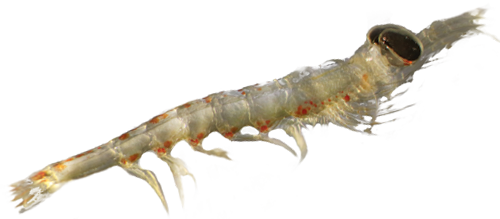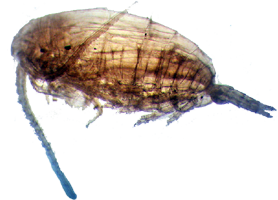Welcome to the CPR Survey
The Continuous Plankton Recorder (CPR) Survey is the most geographically extensive marine monitoring programme in the world. Started in 1931. Today the Survey is operated by the Marine Biological Association, based in Plymouth, UK.
Total Nautical Miles Towed
Taxa Routinely Analysed
Total Samples Analysed
Years Towing
Key Services
Marine biological datasets provide a wide range of environmental and climatic indicators to address marine environmental management issues such as Harmful Algal Blooms, pollution, climate change and fisheries

Research
At the base of the marine foodweb, the free floating plant life of the sea (phytoplankton) provide food for the animal plankton (zooplankton) which in turn provide food for many other marine organisms
Find Out More
Policy Makers
Policy drivers continue to influence research at the CPR Survey and an important aim of the organisation is to use CPR data and the expertise of Survey scientists to deliver evidence-based advice to policy makers and ecosystem managers
Find Out More
Data
The CPR Survey is unique in having comparable data on the geographical distribution, seasonal cycles and year-to-year changes in abundance of plankton over a large spatial area
Find Out MoreRecent News
FIND OUT WHAT WE HAVE BEEN UP TO AND WHAT IS COMING UP
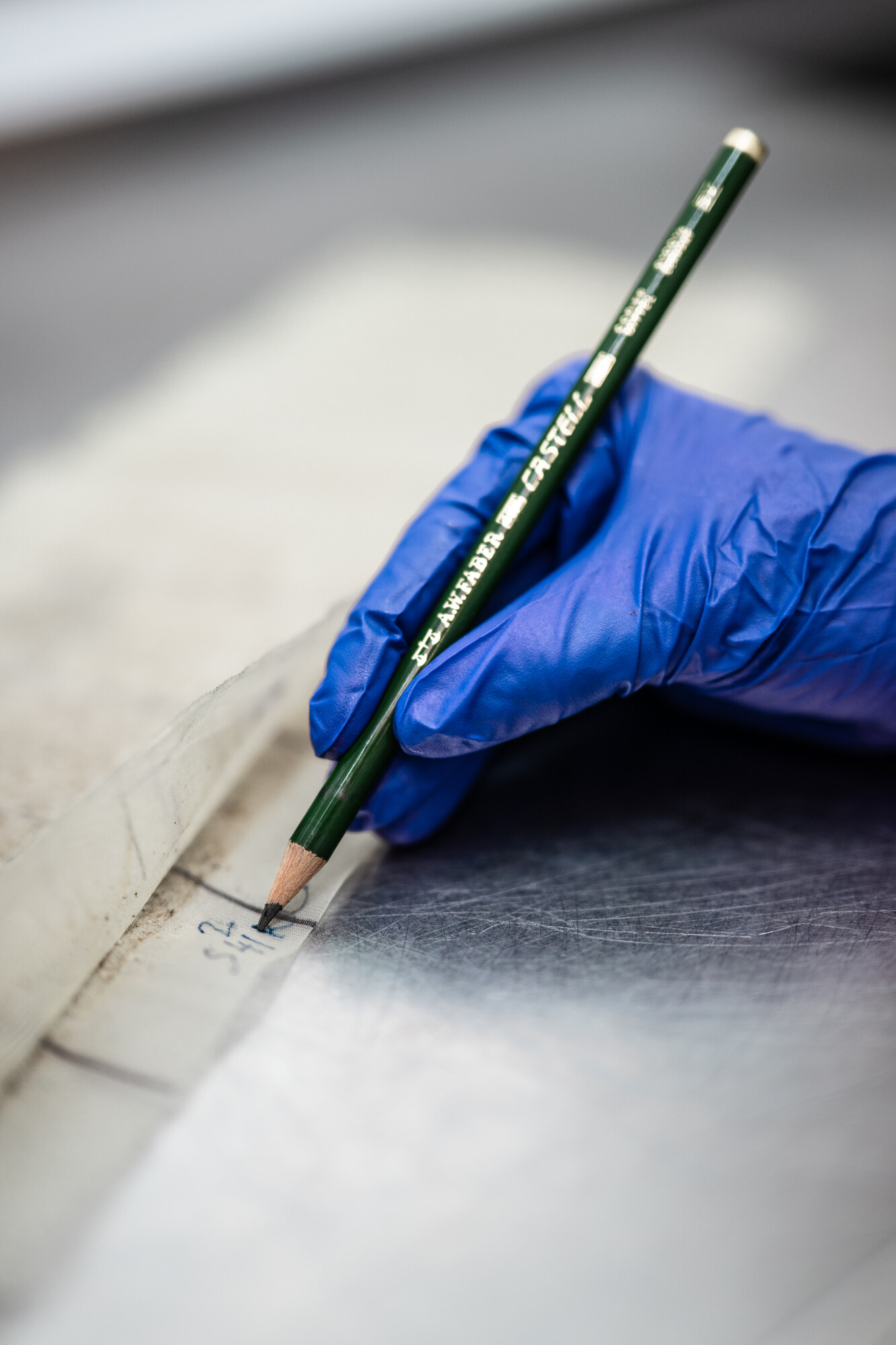
A 1920's Unlikely Hero for Cutting-Edge Marine Research
06 Feb 2026 | 9The CPR Survey has rediscovered a ...
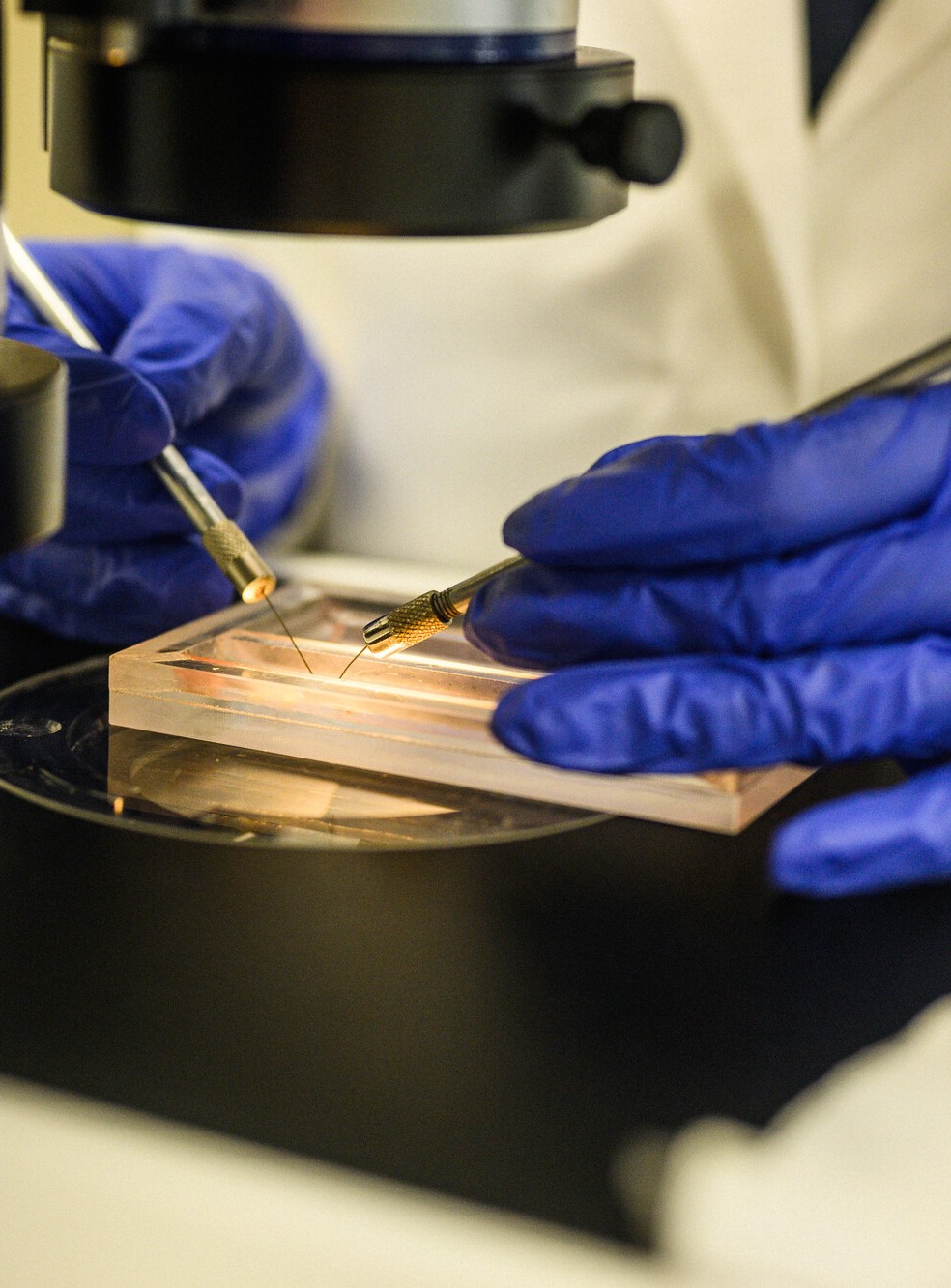
NMBAQC 2026 Zooplankton Intercomparison exercise is now open.
05 Jan 2026 | 35NMBAQC 2026 Zooplankton Intercompa...

Vacancy: Survey Operations Manager
15 Dec 2025 | 57Vacancy: Survey Operations Manager...
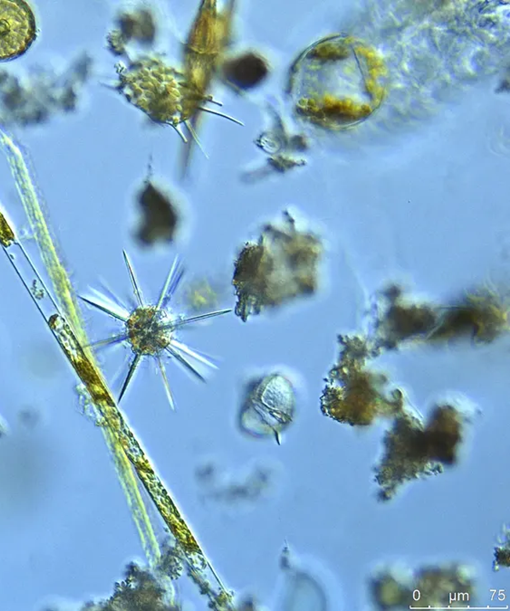
Insights and approaches from the long-term Continuous Plankton Recorder survey contribute to better understanding of ecological synchrony
25 Jun 2025 | 99Long-term data has enabled a numbe...



